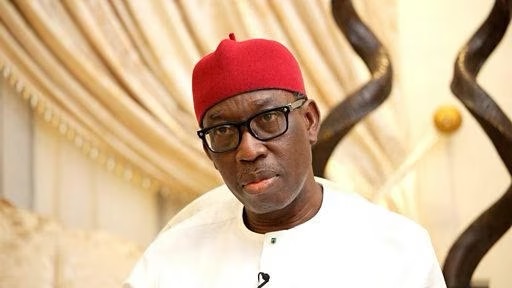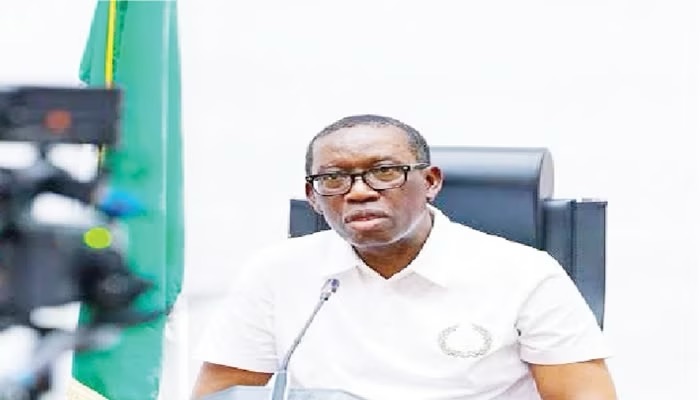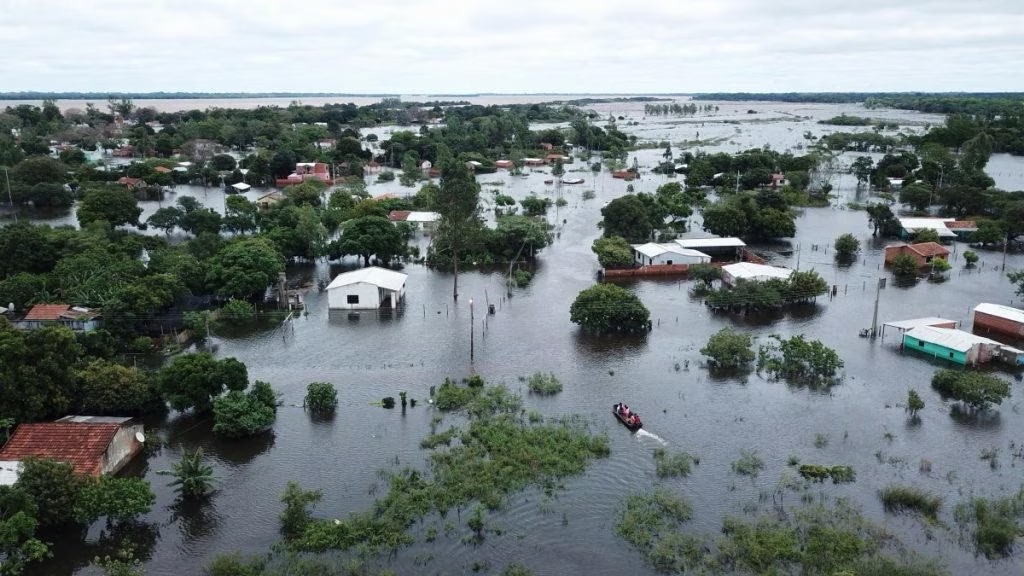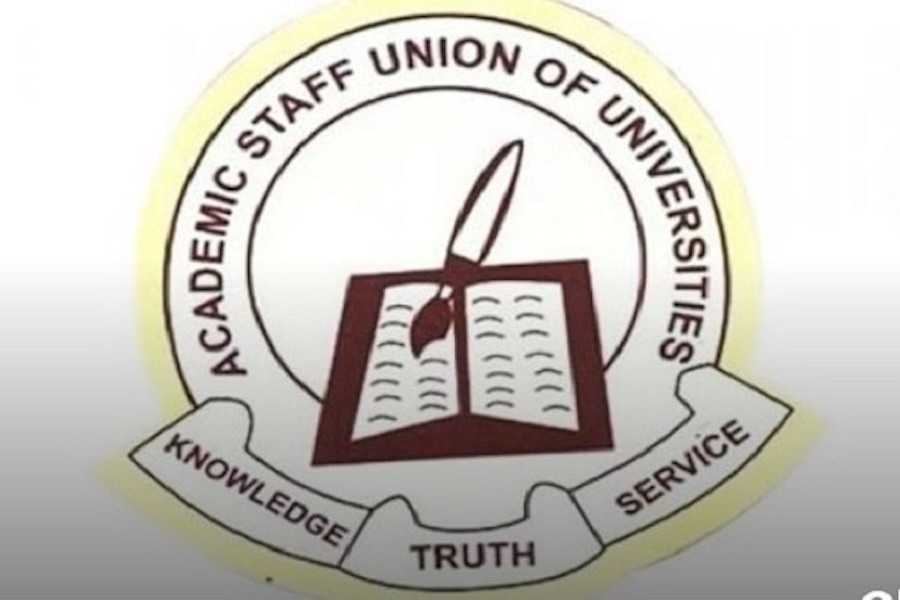The Economic and Financial Crimes Commission (EFCC) recently escalated its investigation into Ifeanyi Okowa, the immediate past governor of Delta State, by seizing his passport following his detention and subsequent release on administrative bail. Okowa faces serious allegations of embezzling an estimated N1.3 trillion from the 13% derivation fund, a federal allocation intended for development in oil-producing states.
This vast sum is alleged to have been misused for personal investments and properties acquired during his administration from 2015 to 2023, with additional claims that Okowa used part of the funds to gain an 8% stake in a major floating liquefied natural gas (LNG) project.

According to sources, the EFCC invited Okowa to their Port Harcourt office on November 4, where he answered preliminary questions about these funds. After hours of interrogation, he was granted administrative bail, but his passport was retained, a clear indication of the seriousness of the ongoing investigation. The agency plans to call Okowa for further questioning, requiring him to provide additional documentation and explanations concerning his management of Delta State’s oil revenues.
The investigation highlights specific transactions, including a reported N40 billion investment Okowa made in a Nigerian bank to support his involvement in an LNG project. Reports also suggest that funds intended for the development of Delta State were allegedly diverted into private real estate acquisitions, including properties in Abuja and Asaba. These acquisitions have sparked considerable public outrage, given the pressing developmental needs in the Delta region, one of Nigeria’s most resource-rich but infrastructurally deprived areas.
The case against Okowa reflects the EFCC’s broader crackdown on corruption among high-ranking officials. Okowa’s situation is just one of several involving former governors and public figures in Nigeria who have faced scrutiny for alleged embezzlement. The investigation may ultimately lead to formal charges, which would set a notable precedent as Nigeria aims to reinforce accountability and transparency in governance. As Okowa’s case unfolds, it is expected to attract widespread attention, potentially influencing how public funds are managed and audited in oil-producing regions and beyond .





